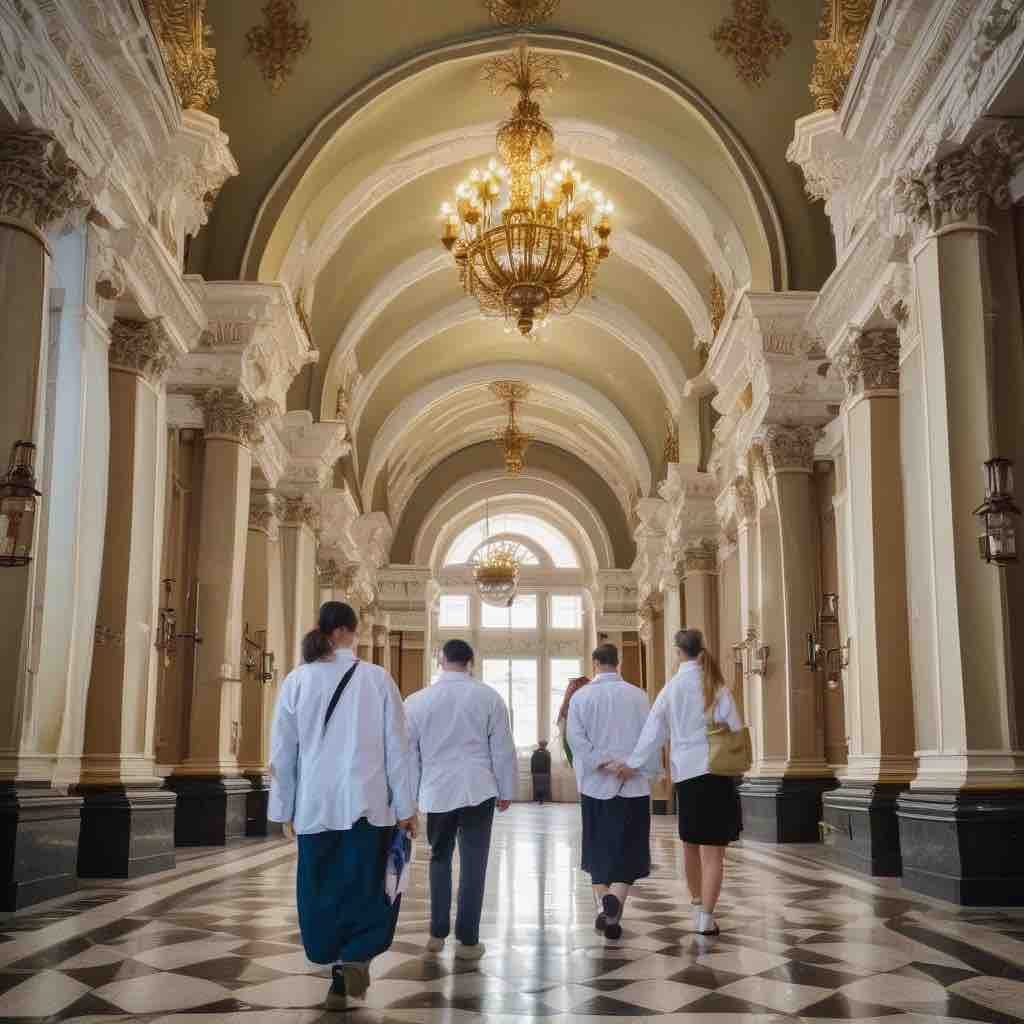Veterinary Medicine is a vital field that focuses on the diagnosis, treatment, and prevention of diseases in animals. Russia is a top destination for students pursuing Veterinary Medicine due to its high-quality education, modern research facilities, and affordable tuition fees. Russian universities offer well-structured programs that provide students with both theoretical knowledge and practical experience in animal healthcare.
Program Overview
- Degree Awarded: Bachelor of Veterinary Medicine (BVM) / Doctor of Veterinary Medicine (DVM)
- Duration: 5–6 years (including practical training and internships)
- Language of Instruction: English and Russian (varies by university)
- Recognition: WHO, UNESCO, EAEVE (European Association of Establishments for Veterinary Education), and other international veterinary organizations
- Eligibility Criteria: High school diploma with a background in Biology and Chemistry
- Entrance Exam: Some universities may require an entrance test or interview
Top Universities Offering Veterinary Medicine in Russia
Several prestigious Russian universities provide Veterinary Medicine programs with advanced research opportunities:
- Moscow State Academy of Veterinary Medicine and Biotechnology – One of Russia’s leading veterinary institutions, offering specialized programs.
- Saint Petersburg State Academy of Veterinary Medicine – Known for its strong clinical training and research facilities.
- Kazan State Academy of Veterinary Medicine – Offers diverse specializations in veterinary sciences.
- Novosibirsk State University – Provides high-quality veterinary programs with modern technology integration.
- Ural State Agricultural University – Focuses on agricultural veterinary medicine and livestock health.
- Far Eastern State Agricultural University – Renowned for research in animal diseases and veterinary biotechnology.
Admission Process
- Choose a University – Research the best universities based on your career goals.
- Submit an Application – Provide academic transcripts, high school certificates, passport, and recommendation letters.
- Receive an Admission Letter – Upon acceptance, an official invitation will be issued.
- Apply for a Student Visa – Obtain a Russian visa for veterinary studies.
- Begin Studies & Practical Training – Enroll in courses and participate in hands-on training with live animals.
Tuition Fees and Living Costs
- Tuition Fees: $3,000–$7,000 per year (varies by university and specialization)
- Living Expenses: $200–$400 per month (including accommodation, food, and transport)
- Hostel Facilities: Affordable university hostels available with essential amenities
Advantages of Studying Veterinary Medicine in Russia
- Globally Recognized Degrees – Accredited by international veterinary organizations.
- Affordable Tuition Fees – Lower costs compared to Western veterinary schools.
- Practical Training & Internships – Hands-on experience in animal hospitals and research labs.
- Diverse Specializations – Options in small animal medicine, livestock care, and exotic animal treatment.
- Experienced Faculty & Research Opportunities – Learn from experts in veterinary science and participate in cutting-edge research.
- Opportunities for International Collaborations – Exchange programs and partnerships with global veterinary institutions.
- No Entrance Exams for Many Universities – Simplified admission process for international students.
- Safe & Student-Friendly Environment – Russia provides a secure and welcoming atmosphere for students.
- Opportunities for Work in Russia & Abroad – Graduates can practice globally after meeting licensing requirements.
- Pathway to Further Specialization – Opportunities to pursue postgraduate studies and research in veterinary medicine.
Career Opportunities After Veterinary Medicine in Russia
Graduates from Russian veterinary programs have various career paths:
- Veterinary Practitioner – Work in animal hospitals, private clinics, or government veterinary services.
- Livestock Health Specialist – Focus on disease prevention and management in farms.
- Veterinary Researcher – Conduct studies in veterinary medicine and biotechnology.
- Public Health Veterinarian – Work in disease control and food safety sectors.
- Zoological & Wildlife Veterinarian – Provide medical care for exotic and wild animals.
- Academic & Educator – Teach and mentor future veterinarians.
- Work with International Veterinary Organizations – Collaborate with institutions like WHO, FAO, and OIE.
Conclusion
Veterinary Medicine in Russia offers students a comprehensive education with global recognition, affordable tuition, and excellent practical training. With strong academic programs and numerous career opportunities, Russia remains a preferred destination for aspiring veterinarians worldwide.
